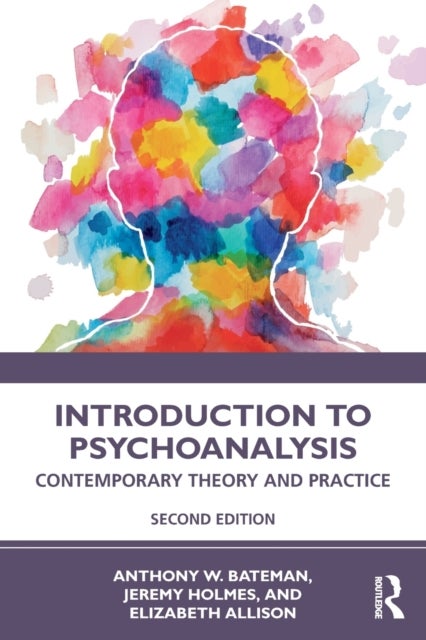
Introduction to Psychoanalysis av Anthony W. Bateman, Jeremy (University of Exeter UK) Holmes, Elizabeth Allison
349,-
<P>What is psychoanalysis? Is it relevant to today''s mental health crisis? How can psychoanalysis help people suffering from psychological distress and illness? This vital new book examines how psychoanalysis has changed since its inception, and how it has adapted to the needs and concerns of 21st-century mental health professionals and patients.</P><P></P><P>The first part of this book provides a concise and unbiased account of the origins of psychoanalysis, and the theories which characterise the main post-Freudian schools - neo-Freudian, Kleinian, interpersonal, self-psychological, Lacanian - and the ways in which they agree and diverge. The second part uses clinical illustrations to examine the practicalities of psychoanalytic technique in the consulting room - assessment, free association, dream analysis, transference, and counter-transference. Whatever their allegiance or role, mental health professionals - psychologists, psychiatrists, social workers, child mental health profes








